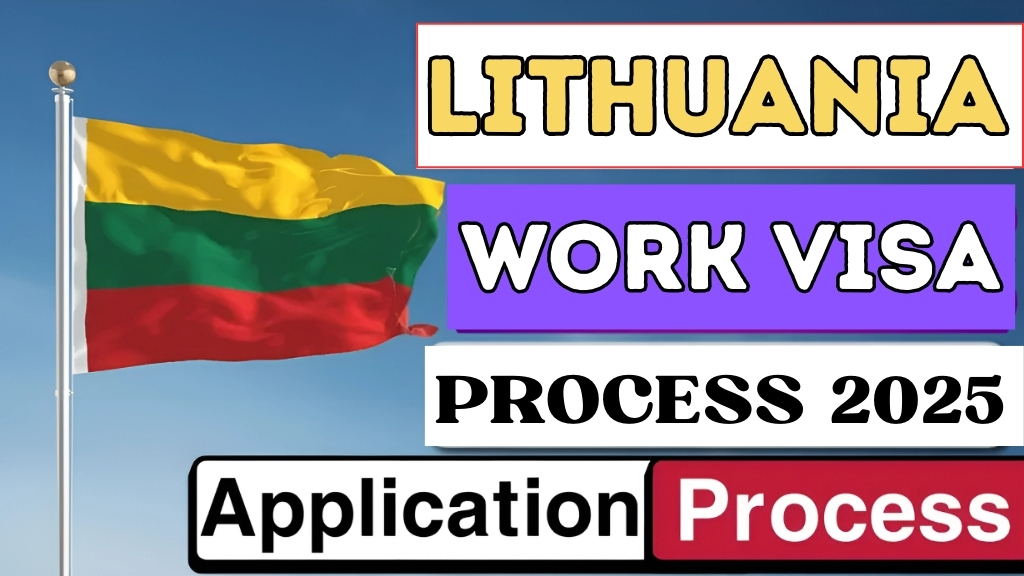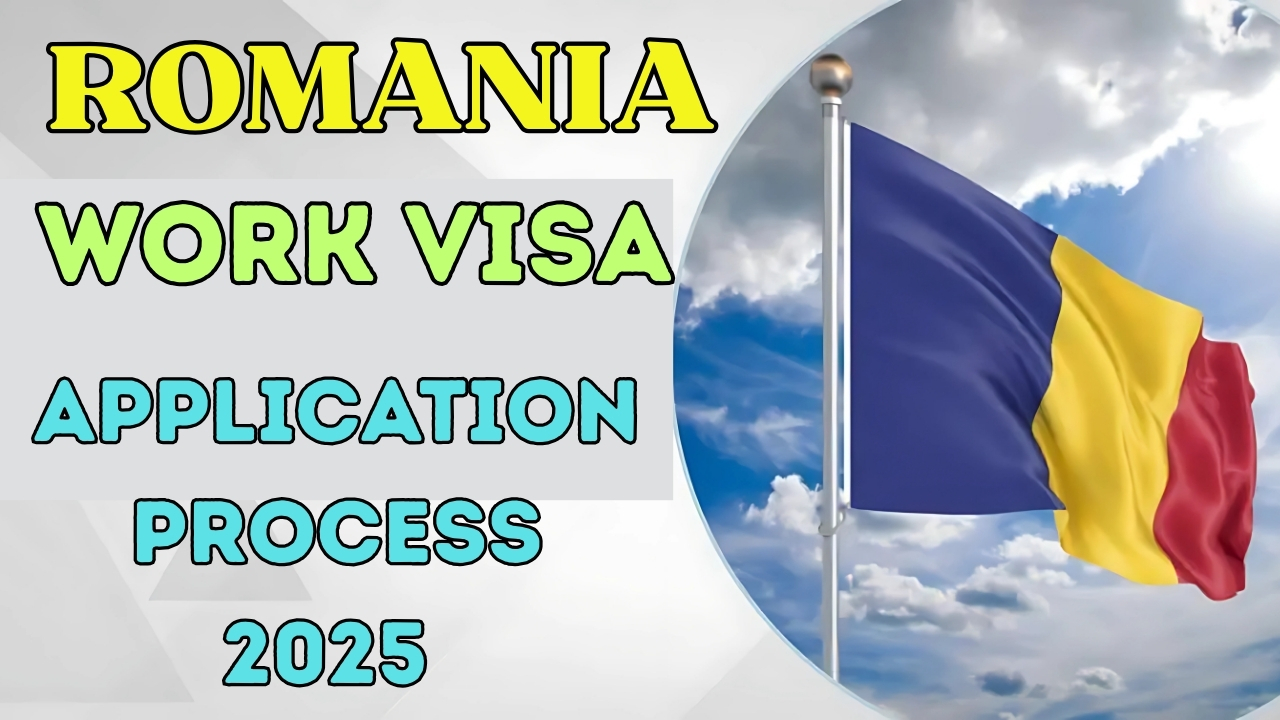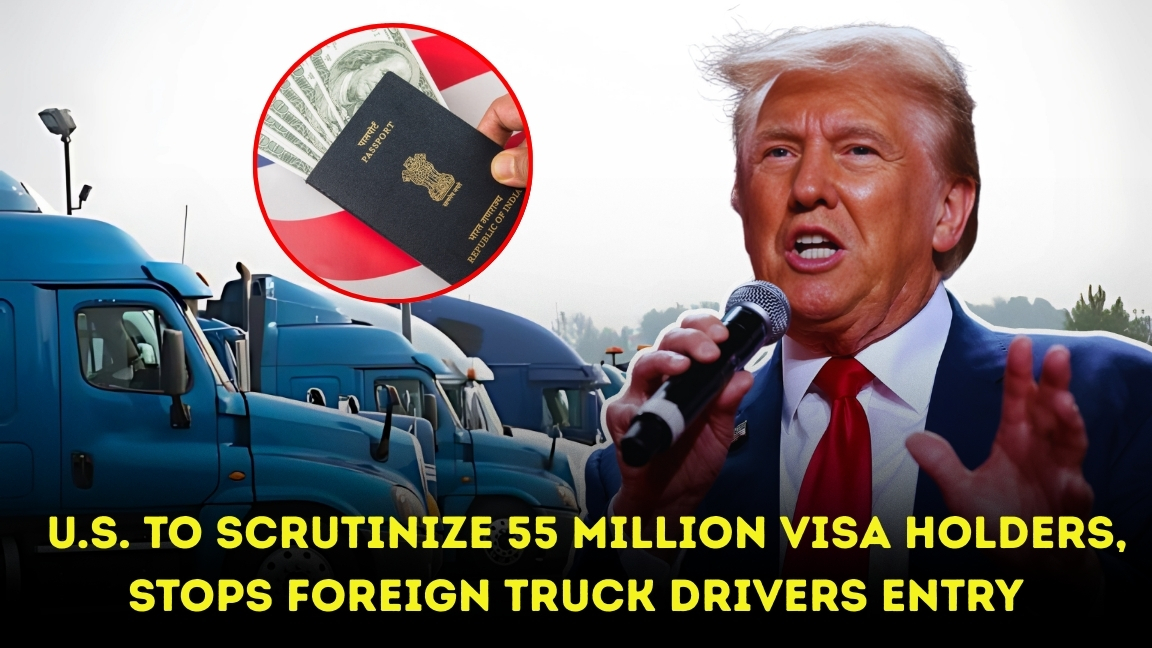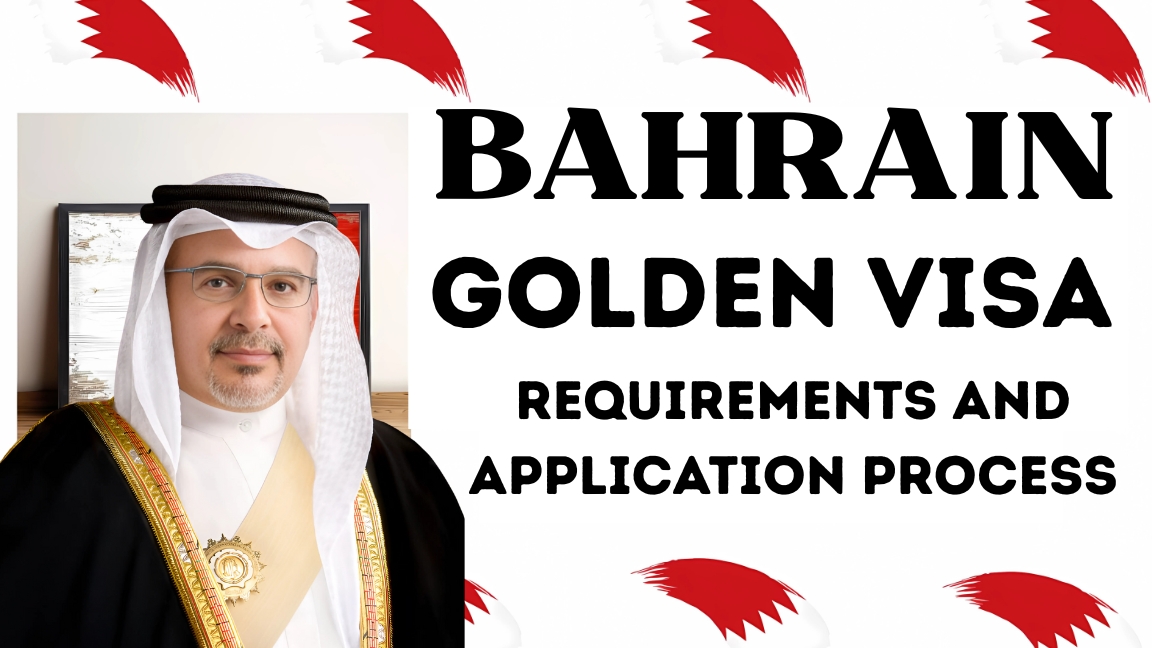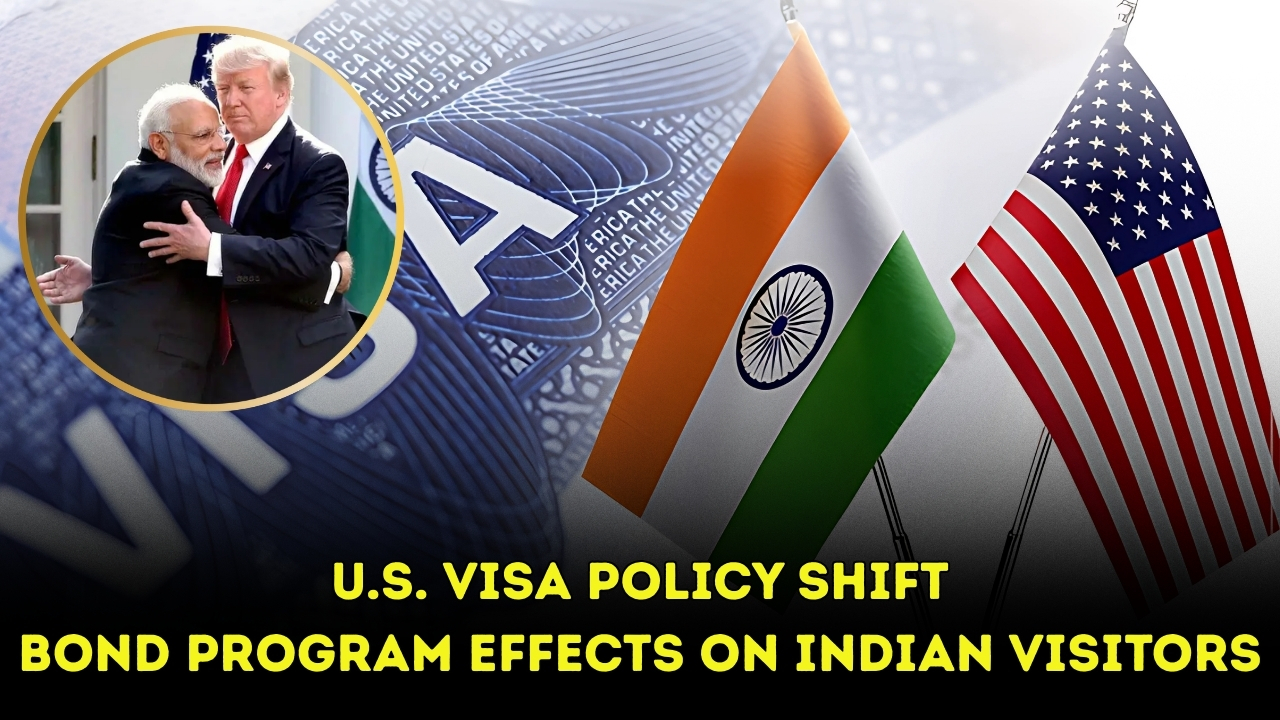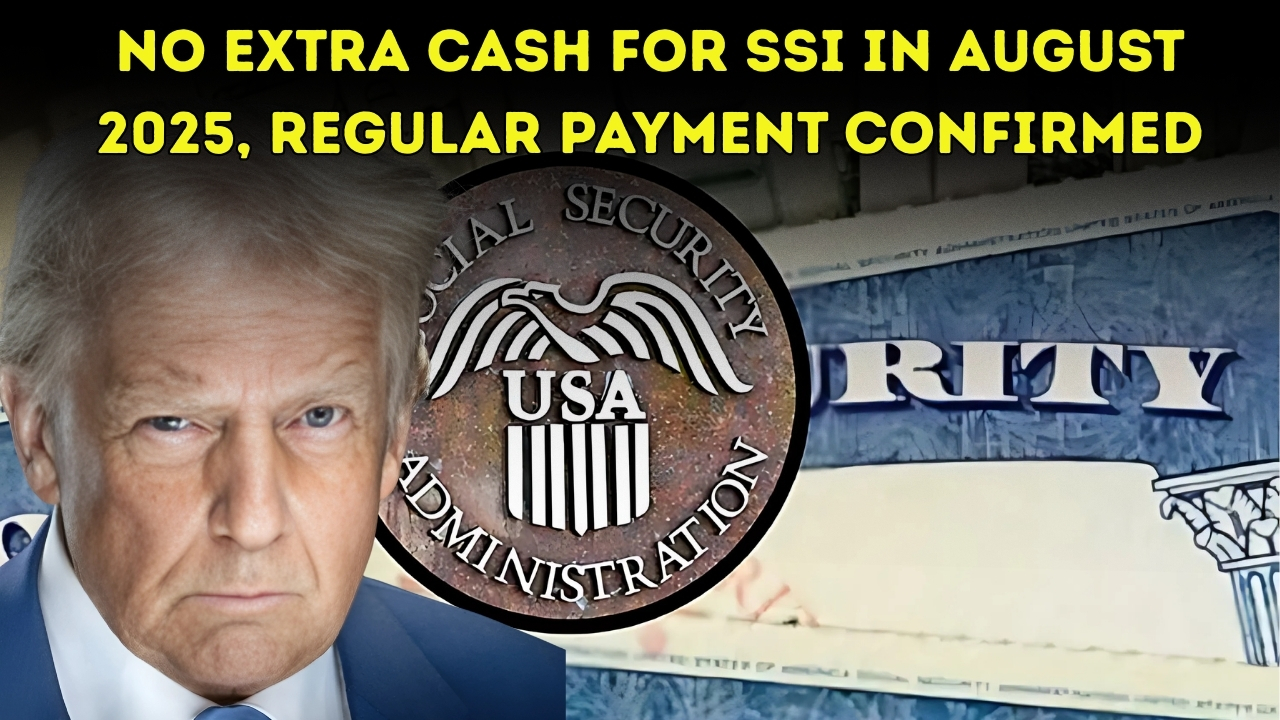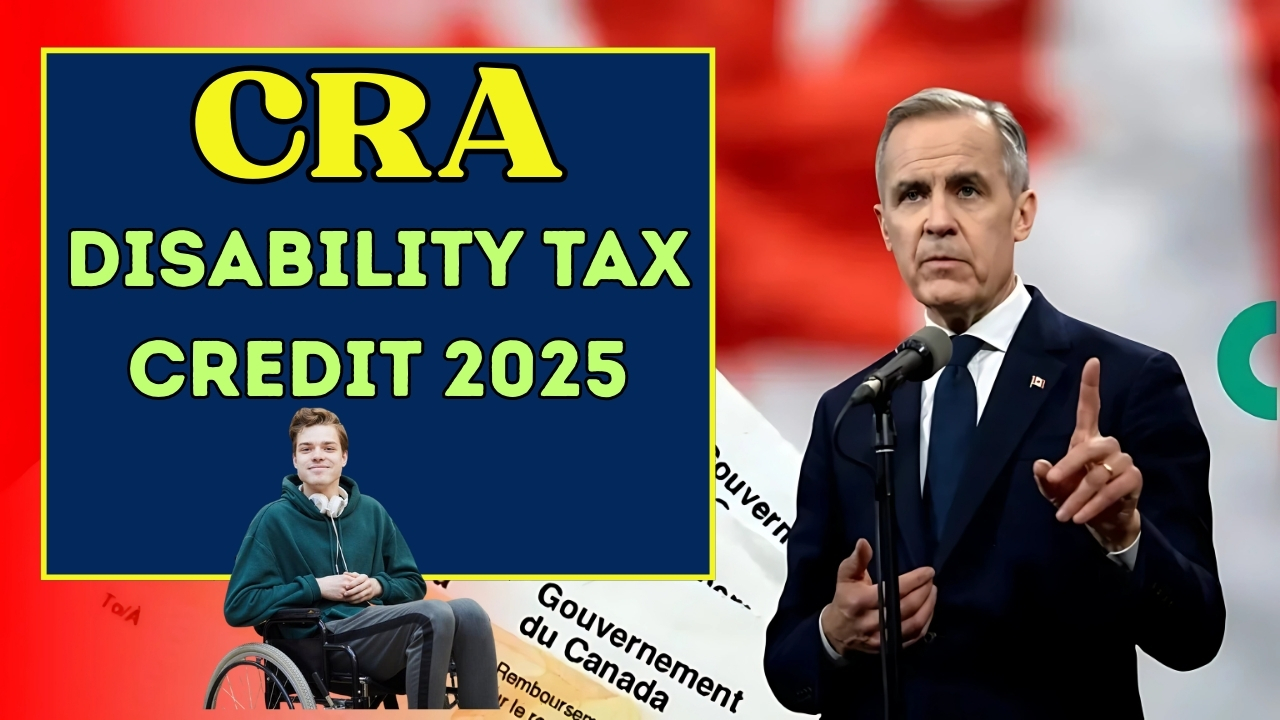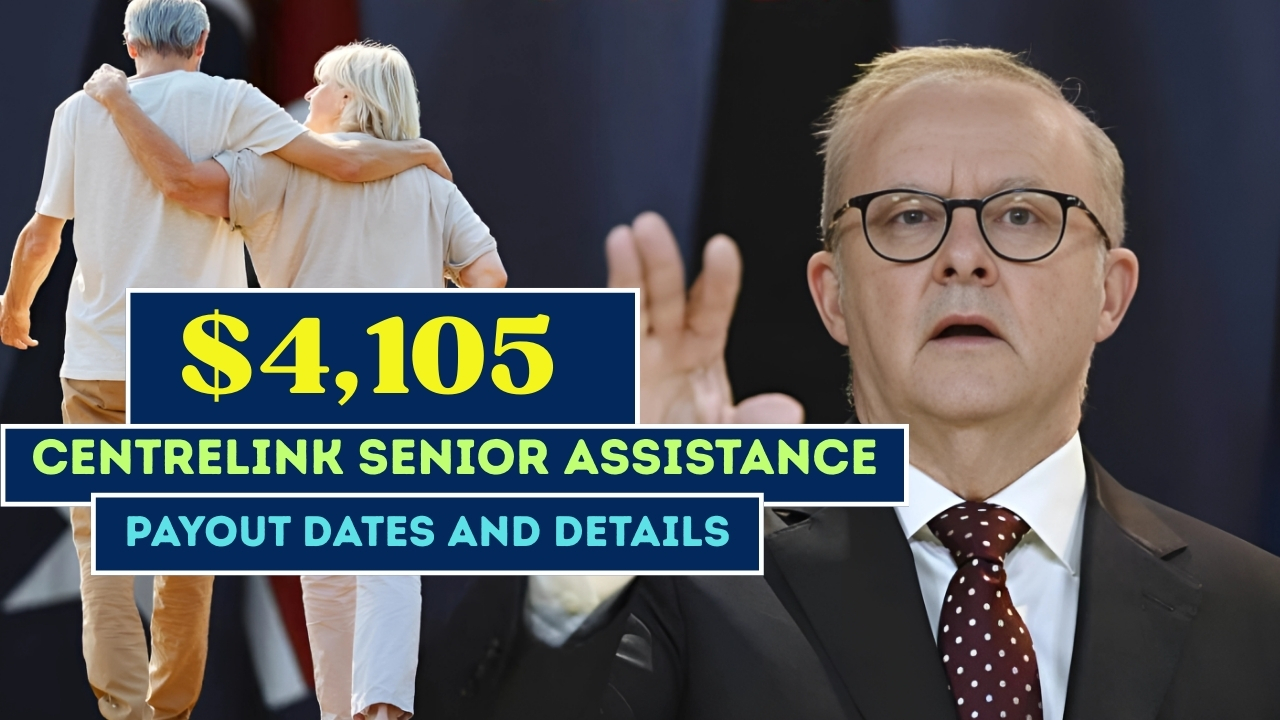Filling Key Skills Gaps
The country’s steady economy is pushing rapid hiring, especially in tech, smart-manufacturing, and fast-shipping. When factories and start-ups reported hiring freezes because the local talent pool is tight, officials decided the moment had arrived to welcome qualified employees from all over Europe and farther. Leaders note that easing entry does more than fill open seats – it speeds acquisitions of skills that make Lithuania an attractive landing spot for insider moves in Europe’s still-uncertain economy.
Three Work Permit Paths
This year Lithuanian officers discarded the old, single permit mold and created separate flights, letting applicants choose the landing zone that fits their work, training, and goals. Here’s the breakdown:
- Standard Work Permit – For workers with newly signed contracts at local businesses.
- Highly Skilled Migrant Visa – A rapid track for professionals in in-demand sectors, like software, coding, clean technology engineering, and hospitals.
- Seasonal Worker Visa – For hands-on roles lasting months, like farm crop maintenance, pine-farm thinnings, and summer hospitality in the Rasos camping zone.
Start-up Visa – Specifically designed for founders dreaming up groundbreaking ideas and wanting to build them in Lithuania.
Intra-Company Transfer Permit – For team members moving between overseas offices of large multinational firms.
Eligibility for 2025
Requirements vary by visa, but common steps include having a local job offer, showing the right qualifications, and signing a contract in line with Lithuanian labour rules. For top talent, hitting certain salary levels and having specialized skills are still a must. Lithuanian colleges also help students and recent grads switch from study to work more easily with simpler rules.
The Application Journey
Most work permits kick off online through the Migration Department’s official website. You’ll upload identity documents, job confirmations, and sometimes a health insurance certificate. After the paperwork is green-lighted, you’ll apply for a temporary residence permit, which lets you live and work in Lithuania. Wait times differ; skilled permits usually get a speedier review.
Why Choose Lithuania?
Beyond its EU membership and Schengen Area travel, Lithuania offers low living expenses, a buzzing tech scene, and growing perks for newcomers, making it a top pick for international talent.
For lots of skilled workers, it serves as a welcome door into Europe, mixing up-to-date highways and trains with cobblestone streets, outdoor cafés, and artisan markets that make you feel at home.
